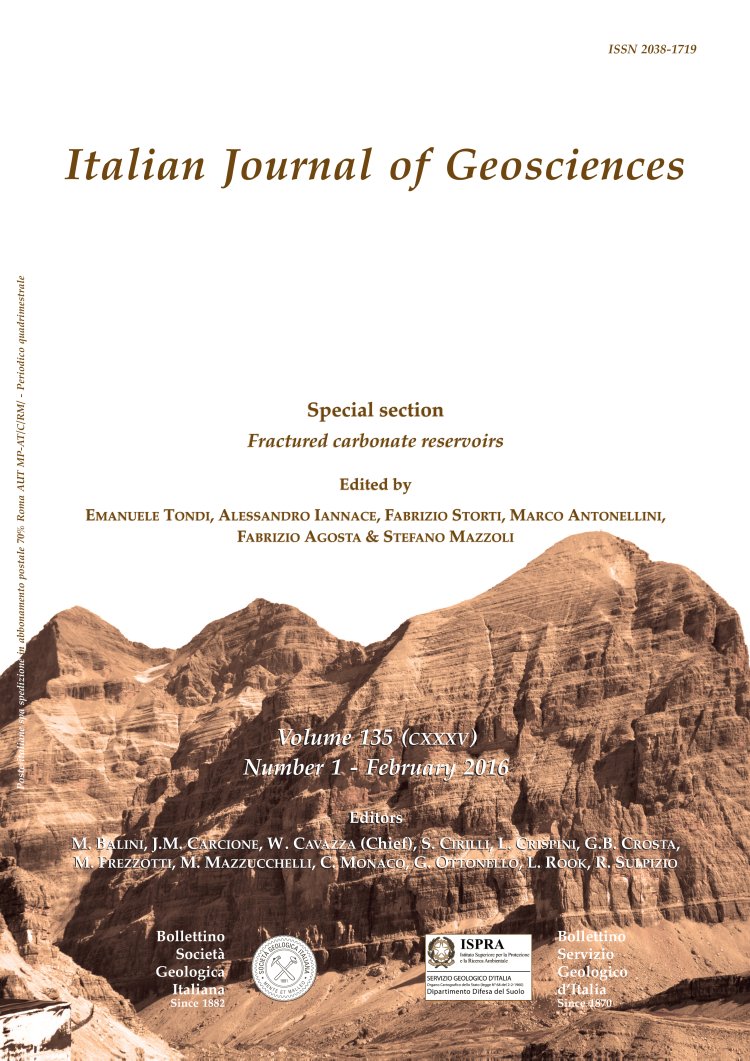
"Per tremoto o per sostegno manco": The Geology of Dante Alighieri's Inferno
Marco Romano (*)
(*) Dipartimento di Scienze della Terra, "Sapienza" Università di Roma, P.le A. Moro, 5 - 00185 Rome, Italy. Corresponding author e-mail: marco.romano@uniroma1.it
Volume: 135 (2016) f.1
Pages: 95-108
Abstract
The purpose of the present paper is to analyse the geological elements and references found in Dante Alighieri's Inferno, which have never been treated in complete and comprehensive manner. Dante used wisely and in a unique manner the elements of nature, especially of landscape, to build the material foundation on which the fiction of the underworld journey is based. Specific kinds of rocks, steep cliffs, landslide bodies, lakes of hydrothermal water, waterfalls, become basic material in the hands of the Florentine poet, on which to base metaphors and similes. In Dante's Inferno there are references to hydrogeology, earthquakes, mountain structures, deposition of travertine, landscape modelling, meteorological phenomena, structure of the Earth and of the entire cosmos. The grandeur and mastery of Dante lies in being able to communicate, in short lines, the strong separation between scientific facts of natural phenomena and their use for aesthetic, poetic, political, and even ethical purposes. In dealing with complex issues such as the "geophysical equilibrium" and the reason for the current distribution of land and ocean, Dante does not simply accept the theories of Aristotle (as stated by several exegetes) but shows a critical and deep analysis in the field of geology sensu lato, considering and preferring the phenomenal datum to the abstract theories. The work of Dante and his contemporaries did not impersonate the "dark period" for science, as found in many interpretations of the Middle Ages, but the cultural context where those questions were posed which served as foundation and propellant for the subsequent "scientific revolution".
Keywords
Get Full Text